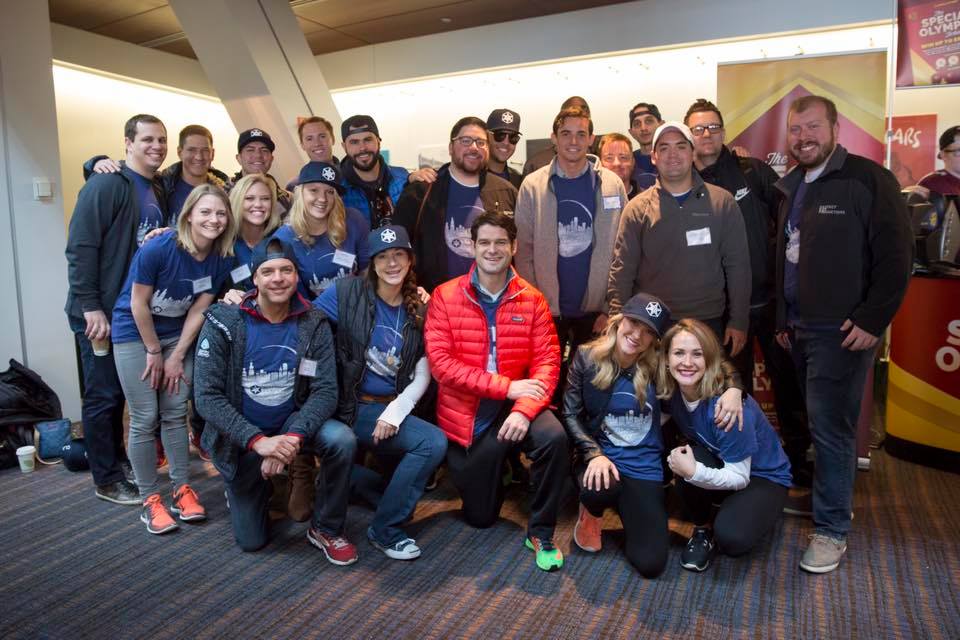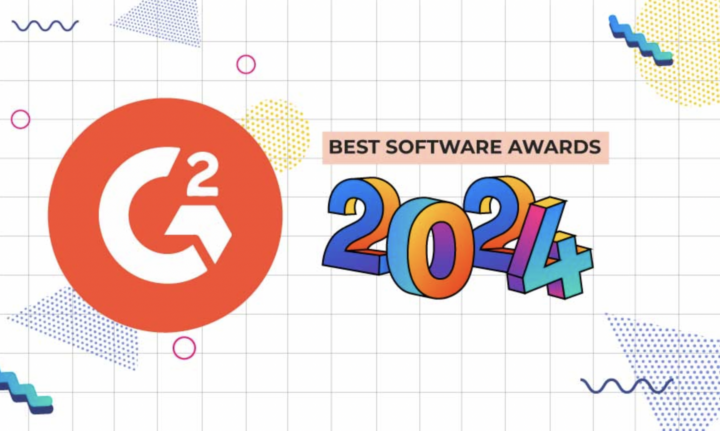For those who have always wanted to do some good in their community but have never quite known where to start, then GoCivic, a 2017 startup from Chicago, is here to help.
GoCivic is a web and mobile community engagement platform that gives citizens the information they need to start lending a hand with civic and nonprofit organisations. The initiative was created and operated by the Chicago Leadership Alliance with the aim to get more people involved in giving back to those around them.
Anyone can go to the website, choose from hundreds of different initiatives and get stuck in. The site also allows a user to recommend other organisations that they think deserve to be helped, creating a network of possible initiatives created for the people, by the people.
The Chicago Leadership Alliance is a nonprofit organisation itself and created GoCivic as a response to the fact that there were no engagement platforms that focused on a variety of initiatives, rather than purely volunteering or purely civic engagement, for example.
“We realized that there was no centralized database that citizens could access to find a way to get engaged in Chicago from a civic standpoint,” Jeff Rosset, CEO and co-founder of the Chicago Leadership Alliance told Built in Chicago. “If you’re in a certain neighborhood and you want to go to local town hall meetings, or if you want to participate in social projects, there’s no single place to find those organizations, contact them and find out which opportunities are available.”
GoCivic is the answer to the question many millennials are asking themselves; how can I make a difference? Millennials, born between 1980 and 2000, are widely mocked for their naive optimism on their ability to ‘make a difference’ in the world, and the Millennial Impact Report states that 90% of this age group do genuinely believe that they can make the world a better place.
Naive or not, they are actually very driven by the ability to make a social impact, which is having a big influence on workspaces and management styles, as Deloitte’s 2018 millennial report explains.
“Millennials want leaders to more aggressively commit to making a tangible impact on the world,” the report read, adding that this had a major influence on job satisfaction, one of the key factors that keep notoriously disloyal millennials working for a company.
However, despite their bright-eyed hope, the majority of jobs in the market do not make a marked difference to the world and don’t have environmental, social or community initiatives that will slake their desire for philanthropy.
That’s where initiatives like GoCivic come in, allowing people to offset their sins with an out-of-work activity that helps others within their community. Medium affirms that millennials are more likely to volunteer if they feel connected to the cause, rather than sending money to strangers and seeing no direct result.
Chase Adams, founder of Watsi, a digitally-focused health nonprofit, agrees.
“It seemed crazy to me that there were all of these large nonprofits out there, but it felt like there were so many barriers between what I could give and what I could do and who it would affect,” he told the New York Times.
Watsi allows people to make donations to people who couldn’t afford healthcare, and looks to digitally replicate a direct relationship between patient and donor, allowing the donor to see a direct relationship between their donation and the positive effect it has had.
“Causes matter more than institutions,” Una Osili, the research director at the Lilly Family School of Philanthropy told the New York Times.
Millennials, who are fast becoming the largest group within the job sector are no strangers to change, and they’re revolutionising more than just the workplace. Who knows, maybe they will make the world a better place.









